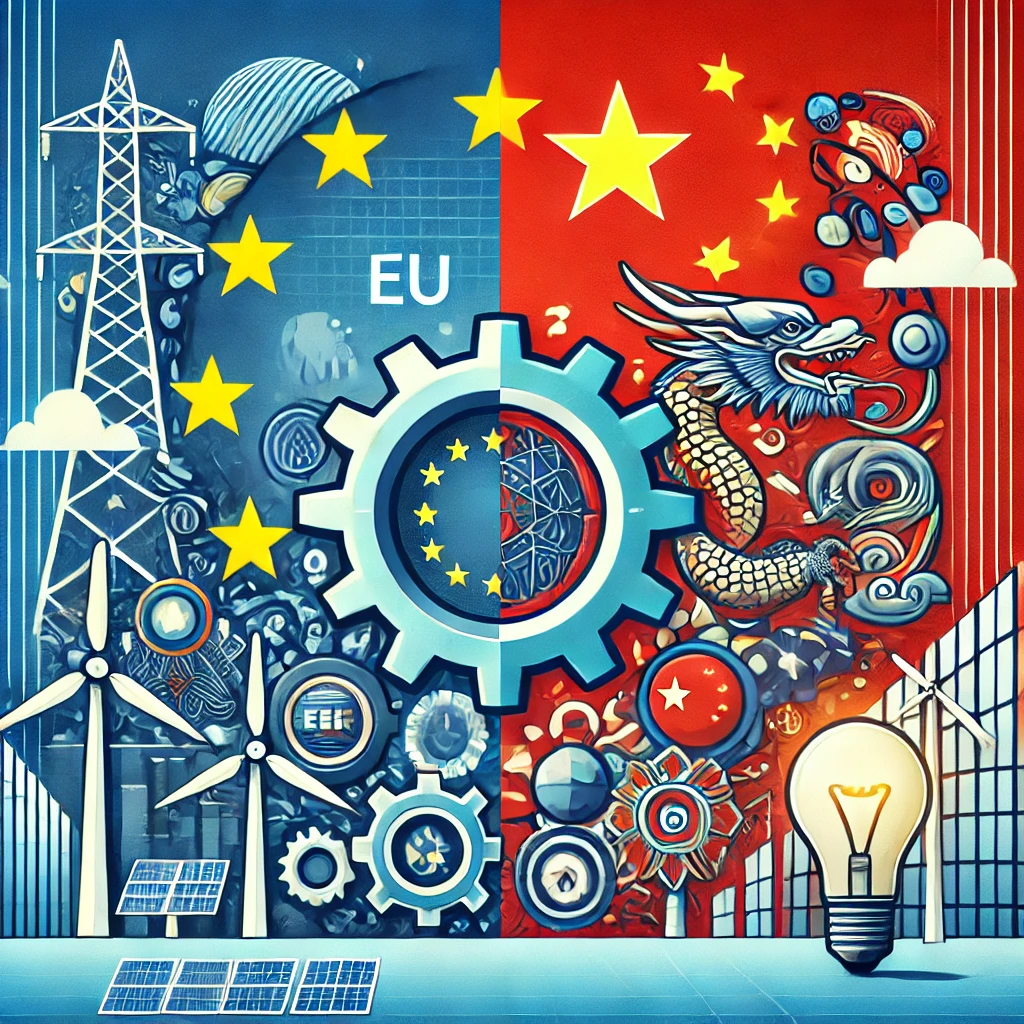The Growing Importance of Technology Transfer in Global Trade Policy
In recent years, the handling of technology transfer and intellectual property rights has become an increasingly significant theme in global trade policy. According to a Financial Times article dated November 19, the EU is considering requiring Chinese companies that establish factories in Europe to transfer intellectual property rights to European firms. This move is seen as part of the EU’s strategy to secure competitiveness in the clean energy technology sector and counter the rise of Chinese companies.
Concerns Raised by China
Huo Jianguo, Vice Chairman of the China Society for World Trade Organization Studies, has expressed strong concerns about this policy. He argues that technology transfers between companies should be based on market principles and voluntary agreements. If the EU’s demands are administratively driven, they may violate WTO (World Trade Organization) regulations.
The EU’s Policy Motives
Several factors seem to underlie the EU’s consideration of stringent technology transfer requirements:
Securing Competitiveness in the Clean Energy Sector
Clean energy is a crucial field for future economic growth and sustainability. However, in recent years, Chinese companies have rapidly expanded, threatening European firms with their cost competitiveness and technological prowess. The EU’s policy appears to aim at strengthening European companies by leveraging Chinese technology in response to this situation.
Rising Economic Protectionism and Security Concerns
Technology transfer and intellectual property are not just commercial assets; they are also closely linked to national security. The EU seems to be establishing “technological sovereignty” as a policy to protect its domestic companies and industries.
China’s Reaction and Concerns
As noted by Huo Jianguo, technology transfers are typically conducted under mutually agreed-upon conditions between companies. The EU’s proposal could potentially lead to the following issues:
Violation of Market Competition Principles
If technology transfer is enforced, it could distort free competition in the market. In the long run, this risks undermining trust between companies.
Contradiction with WTO Regulations
The WTO provides rules to promote trade liberalization and fair competition. If the EU mandates technology transfer through administrative measures, it may violate these principles, potentially escalating into international disputes.
Deterioration of EU-China Relations
China perceives this move as a sign of the EU’s “anxiety” in the new energy sector and fears it could damage cooperative relations. Amid intensifying competition in clean energy, some voices advocate for finding ways to develop while sharing technology.
Future Prospects and Challenges
As tensions between the EU and China over technology transfer escalate, striking a balance will be crucial. Key points include:
Policies Aligned with International Standards
It is vital to explore cooperation models based on mutual agreements rather than enforced technology transfer, in line with WTO regulations.
Joint Development of Clean Energy Technologies
To tackle the global challenge of climate change, the EU and China must move beyond competition and collaborate. Expanding joint research and development projects and partnerships could offer a solution.
Ensuring Transparency
When technology transfers occur, transparent processes and mechanisms that ensure fair transactions between companies are necessary.
Conclusion
The EU’s technology transfer demands are a strategy driven by competition in the clean energy sector, but their implementation risks violating market principles and international norms. Sharing concerns and fostering constructive dialogue between China and the EU will be key to building a sustainable future.
This issue sheds light on how international rules surrounding technology transfer and intellectual property rights will evolve, drawing significant attention to future developments.

